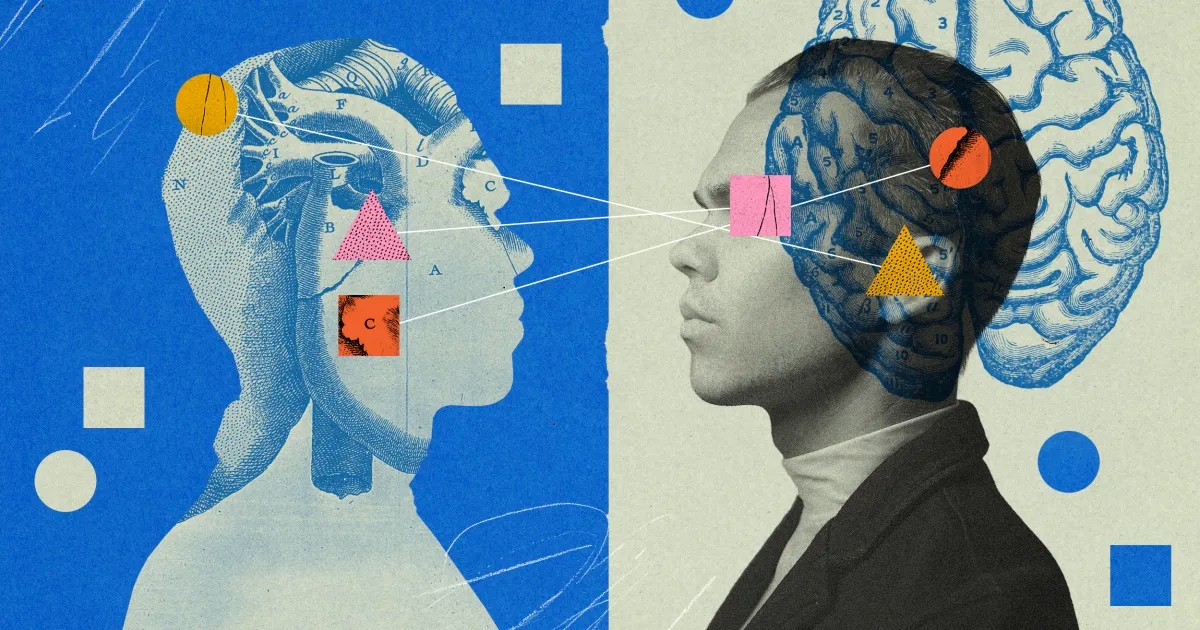
In today’s fast-paced digital landscape, where threats and vulnerabilities are constantly evolving, the role of a cybersecurity leader has never been more critical. Enter Christian Espinosa, a prominent cybersecurity entrepreneur, keynote speaker, and author of “The Smartest Person in the Room.” With his innovative insights and holistic approach to cybersecurity, Espinosa has become a beacon of guidance for organizations seeking to fortify their digital defenses. One of his key methodologies involves integrating emotional intelligence training into cybersecurity practices, transforming the way professionals approach security challenges.
Christian Espinosa’s journey as a cybersecurity leader began with his deep understanding of the technical aspects of the field. However, he soon realized that technical expertise alone was not enough to tackle the complex and dynamic nature of cyber threats. This realization led him to emphasize the importance of emotional intelligence in the realm of cybersecurity. Espinosa firmly believes that the ability to understand and manage emotions, both one’s own and those of others, plays a pivotal role in making effective decisions under pressure.
Espinosa’s reputation as a cybersecurity keynote speaker grew rapidly as he shared his insights on emotional intelligence’s role in the industry. Through his engaging talks, he highlighted the significance of interpersonal skills, empathy, and effective communication in the cybersecurity landscape. His message resonated with professionals across the board, from technical experts to C-suite executives, leading to a paradigm shift in how cybersecurity leadership is perceived.
Central to Espinosa’s approach is his “Secure Methodology Course,” where he integrates emotional intelligence training with practical cybersecurity strategies. This course goes beyond traditional technical training, focusing on enhancing the participants’ ability to navigate the human elements of cybersecurity. By fostering skills such as active listening, conflict resolution, and collaboration, Espinosa equips cybersecurity professionals with the tools they need to address both technological and interpersonal challenges.
One of the most notable aspects of Espinosa’s teachings is his advocacy for “monotasking” in the digital age. In an era dominated by multitasking and constant connectivity, Espinosa encourages individuals to focus on a single task at a time. This practice not only improves efficiency but also reduces the risk of falling prey to cyber threats arising from distractions and divided attention.
Espinosa’s acclaimed book, “The Smartest Person in the Room,” delves deeper into his philosophy and methodologies. He emphasizes that cybersecurity leaders need to embrace continuous learning and remain open to diverse perspectives. The book serves as a comprehensive guide, offering practical advice and real-world examples to help professionals implement emotional intelligence principles within their cybersecurity strategies.
The impact of Christian Espinosa’s insights has reverberated across various industries, transcending traditional notions of cybersecurity leadership. His teachings have been adopted by organizations of all sizes, from startups to multinational corporations, fostering a more human-centric approach to safeguarding digital assets. As the threat landscape evolves and new challenges arise, Espinosa’s emphasis on emotional intelligence positions leaders to adapt and respond effectively.
In conclusion, Christian Espinosa’s journey from being a cybersecurity entrepreneur to a recognized leader in the field underscores the transformative power of emotional intelligence. By integrating this crucial aspect into his Secure Methodology Course and advocating for monotasking, Espinosa has reshaped the way cybersecurity professionals approach their roles. As a cybersecurity keynote speaker and author, his influence continues to grow, leaving an indelible mark on the industry and inspiring a new generation of leaders to prioritize emotional intelligence in their pursuit of digital security.







